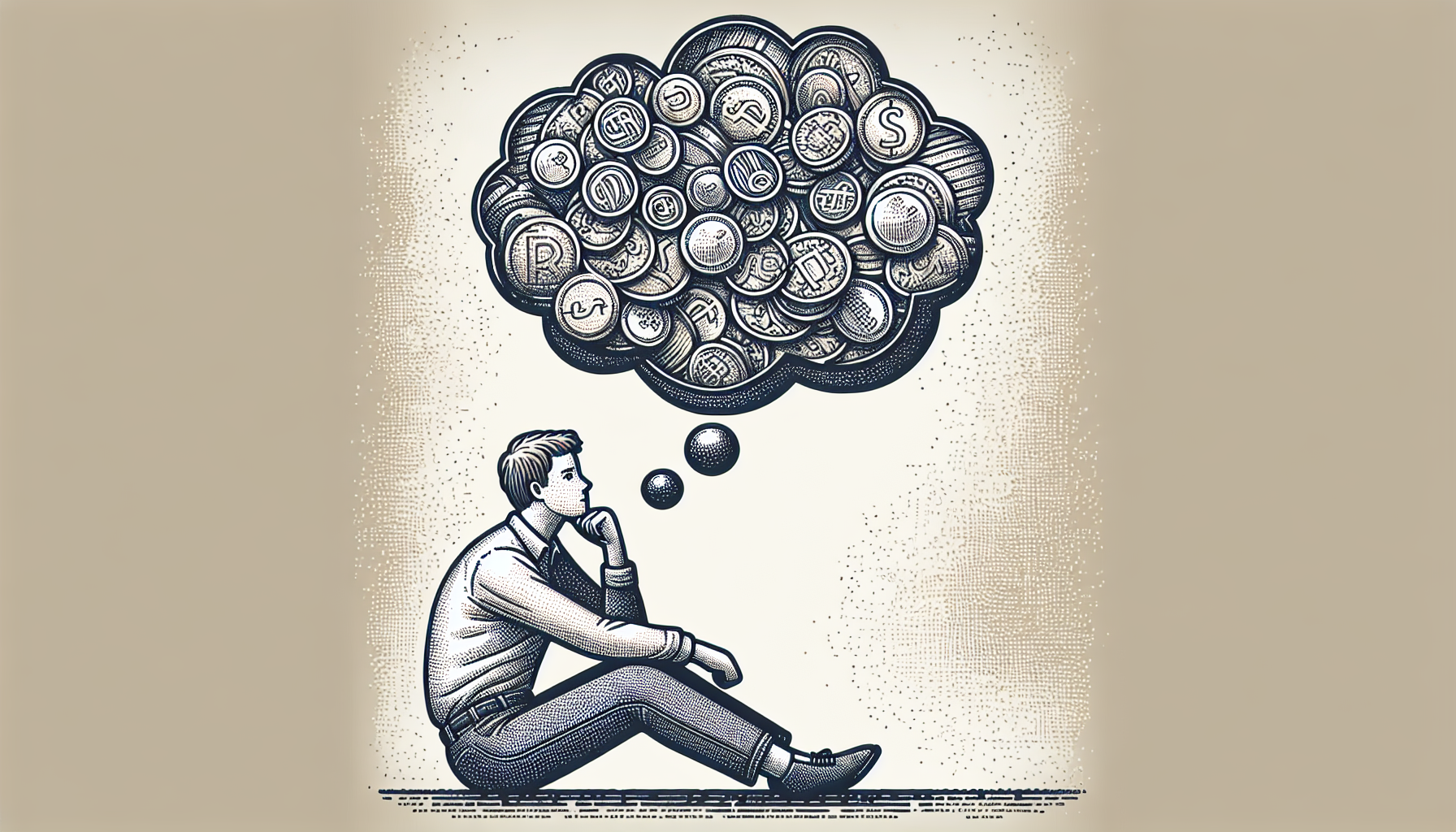The Future of Mobility: Toyota's Vision for Smart Cities

Smart cities are urban areas that leverage technology and data to improve the quality of life for their residents. This encompasses a range of applications, from traffic management and waste reduction to energy efficiency and public safety. As cities evolve, the integration of smart technologies aims to create environments that are not only more efficient but also more sustainable and connected. Toyota’s approach to smart cities embodies this vision, focusing on mobility as a cornerstone of urban planning.
Woven City: A Living Laboratory
One of Toyota's flagship initiatives in the smart city movement is Woven City, an ambitious project located at the base of Mount Fuji in Japan. Launched in 2020, Woven City is designed to be a fully connected ecosystem where residents can experience new technologies in real-time. The city will serve as a testing ground for Toyota's mobility solutions, including autonomous vehicles, smart homes, and sustainable energy systems. Woven City is structured around three types of streets: one for pedestrians, one for cyclists, and one for vehicles. This design prioritizes safety and accessibility, encouraging a community-oriented lifestyle. The integration of green spaces and eco-friendly materials further emphasizes Toyota’s commitment to sustainability. By creating a living laboratory, Toyota aims to gather valuable data on urban living and transportation, informing future developments in smart city design.
Innovative Mobility Solutions
Central to Toyota's vision for smart cities is the development of innovative mobility solutions. The company's focus on autonomous driving technology, electric vehicles, and hydrogen fuel cells aligns with the goals of reducing carbon emissions and enhancing the efficiency of urban transportation. In smart cities, these technologies can work in harmony, offering residents seamless access to transportation options that are not only convenient but also environmentally friendly. For example, the introduction of autonomous shuttles in Woven City will allow for efficient transportation within the urban area, reducing congestion and minimizing the need for personal vehicle ownership. Furthermore, the integration of mobility-as-a-service (MaaS) platforms will enable residents to access various modes of transportation—be it public transit, ride-sharing, or bike rentals—through a single app, promoting a shift away from traditional car-centric urban planning.
Community Engagement and Sustainability
Toyota recognizes that the success of smart cities hinges not only on technology but also on community engagement and sustainability. The company is committed to involving local residents in the design and implementation of Woven City, ensuring that the community's needs and desires are central to its development. This participatory approach fosters a sense of ownership among residents, making them active contributors to the urban environment. Moreover, sustainability is at the heart of Toyota’s smart city vision. Woven City will utilize renewable energy sources, such as solar power and hydrogen, to create a self-sustaining energy ecosystem. By prioritizing green technologies, Toyota aims to set a precedent for future urban developments, demonstrating that it is possible to harmonize urban living with environmental stewardship.
Toyota's vision for smart cities represents a bold and transformative approach to urban living. Through initiatives like Woven City, the company is not only redefining transportation but also reshaping the very fabric of urban life. By prioritizing innovation, sustainability, and community engagement, Toyota is setting a standard for what the cities of the future could look like. As urban challenges continue to mount, the lessons learned from Toyota's endeavors may provide crucial insights for cities worldwide, paving the way for a more connected, efficient, and sustainable future. The journey towards smart cities is just beginning, and with Toyota leading the way, the possibilities are indeed exciting.
Urban Mobility Specialist
Cities and municipalities, transportation agencies, urban planning firms
Core Responsibilities
Analyze urban mobility patterns and propose innovative solutions to enhance transportation efficiency in smart cities.
Collaborate with city planners and stakeholders to integrate mobility-as-a-service (MaaS) platforms within urban settings.
Conduct feasibility studies for implementing autonomous vehicles in various urban scenarios.
Required Skills
Strong knowledge of urban planning and transportation systems.
Proficiency in data analysis and visualization tools (e.g., GIS, Tableau).
Experience with community engagement and participatory design processes.
Sustainable Energy Engineer
Renewable energy companies, engineering firms, governmental agencies focused on sustainable development
Core Responsibilities
Design and implement renewable energy systems, such as solar or hydrogen technologies, for smart city initiatives.
Conduct energy audits and assessments to optimize energy efficiency in urban infrastructures.
Collaborate with cross-functional teams to develop self-sustaining energy ecosystems within smart cities.
Required Skills
Expertise in renewable energy technologies and energy management systems.
Strong analytical skills and experience with energy modeling software.
Knowledge of local and international sustainability regulations and standards.
Smart City Data Analyst
Tech companies focusing on smart city solutions, municipal governments, urban research institutions
Core Responsibilities
Gather, process, and analyze data from various smart city technologies to derive actionable insights for urban planners and decision-makers.
Develop predictive models to forecast urban trends and assess the impact of mobility solutions on city infrastructure.
Create visual dashboards to communicate findings to stakeholders and the public.
Required Skills
Proficiency in statistical analysis and data visualization tools (e.g., Python, R, Tableau).
Strong understanding of urban data sources, including IoT devices and transportation systems.
Excellent communication skills to present complex data in an accessible manner.
Autonomous Vehicle Software Engineer
Automotive manufacturers (e.g., Toyota, Tesla), tech companies specializing in autonomous systems, and research institutions
Core Responsibilities
Develop and refine algorithms for autonomous vehicle navigation, perception, and decision-making in urban environments.
Collaborate with hardware engineers to integrate software with vehicle systems for optimal performance.
Conduct simulations and real-world testing to validate software functionality and safety.
Required Skills
Strong programming skills in languages such as C++, Python, or Java.
Experience with machine learning and computer vision techniques.
Knowledge of automotive safety standards and regulations related to autonomous driving.
Community Engagement Coordinator for Smart Cities
Non-profit organizations, city governments, urban development agencies
Core Responsibilities
Foster collaboration between city officials, residents, and other stakeholders to ensure community needs are addressed in smart city projects.
Organize workshops, focus groups, and public forums to gather input on urban planning initiatives.
Develop communication strategies to inform the community about smart city advancements and progress.
Required Skills
Strong interpersonal and communication skills, with experience in public relations or community outreach.
Ability to manage multiple projects and engage diverse audiences effectively.
Knowledge of urban development processes and local government operations.


